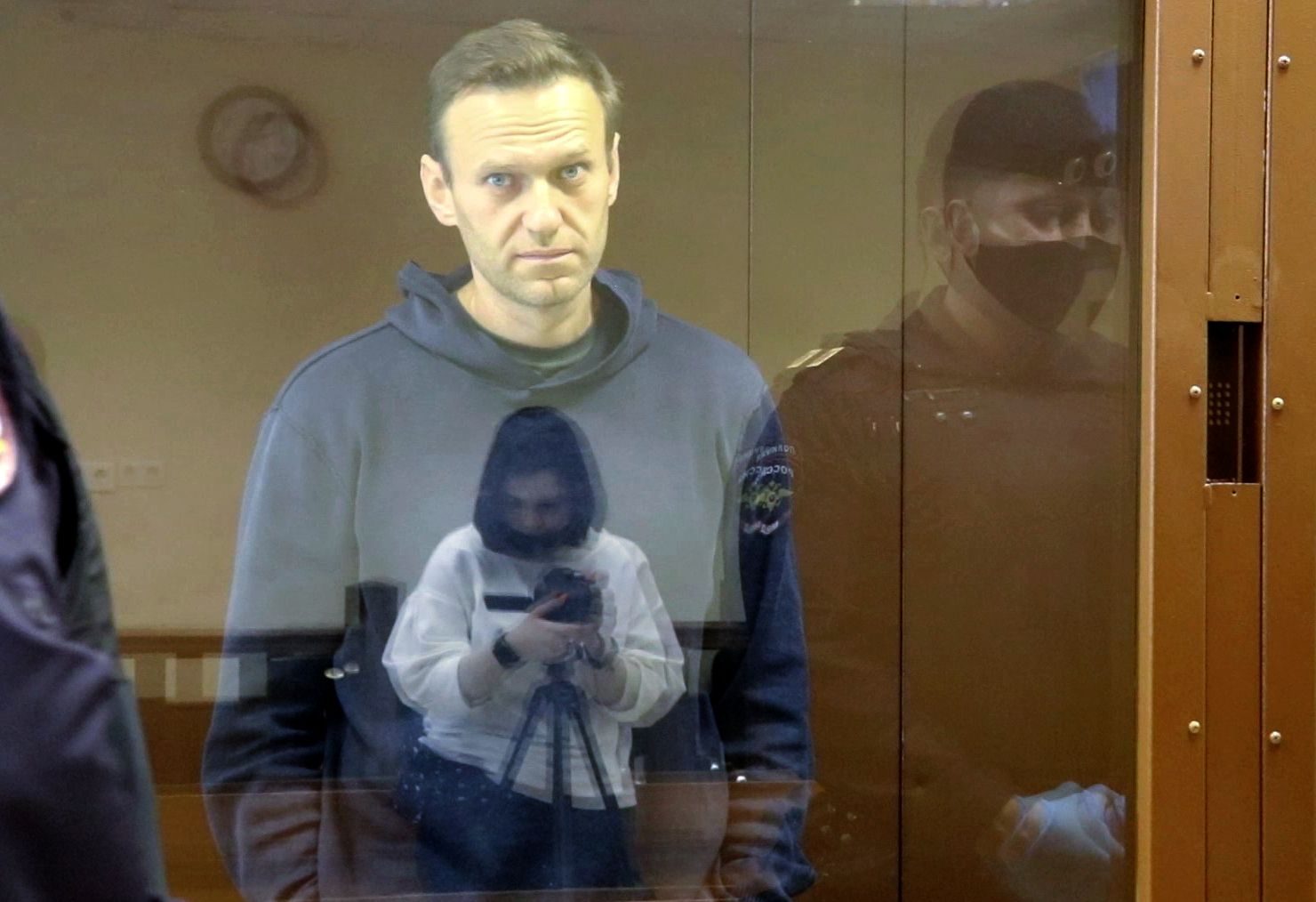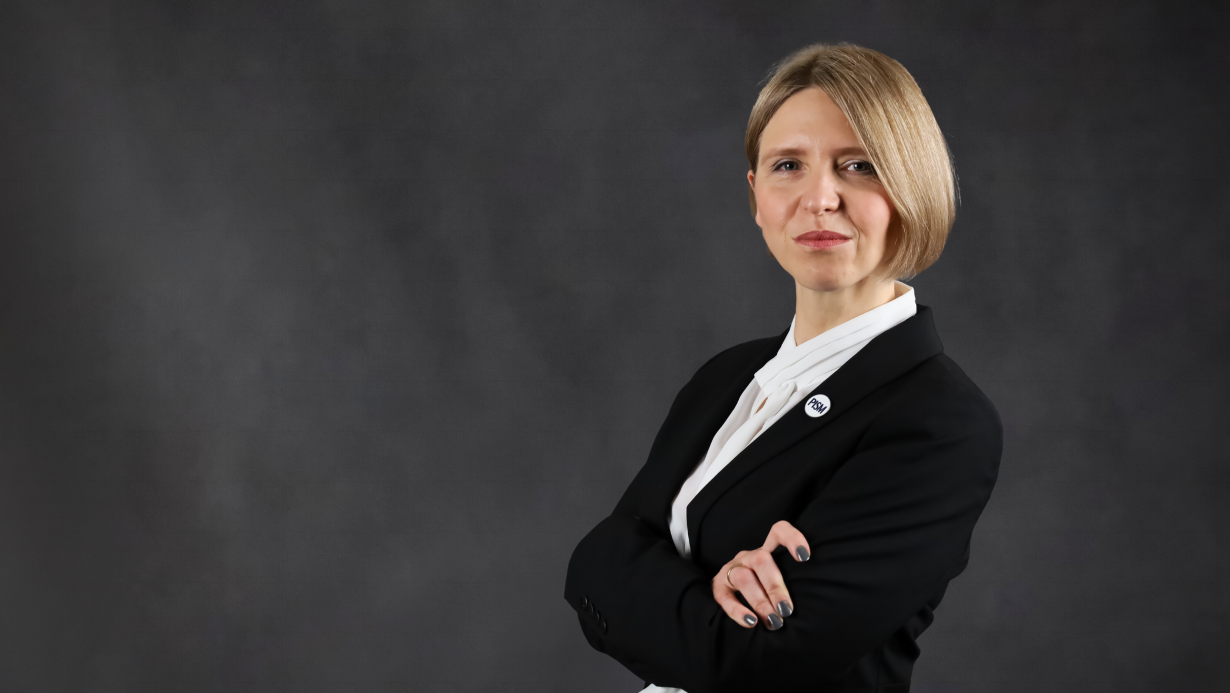Navalny’s Sentence: The Reaction of Russians and the EU

Why was Alexei Navalny convicted?
In December 2014, Alexei Navalny received a three-and-a-half year suspended sentence for alleged financial fraud, increased to five years in 2017. The suspended sentence was supposed to keep Navalny’s political activities under control. When the oppositionist was in a Berlin clinic after a poisoning attempt in August 2020, Russia’s Federal Penitentiary Service summoned him to appear at its office on the pretext of a periodical control meeting, which was in fact an attempt to discourage him from returning to Russia. Navalny undermines President Vladimir Putin's political system by conducting anti-corruption activities against Russian decision-makers and proclaiming that he wants to become president. Navalny’s appeal will be rejected, and he is unlikely to be released before the presidential election in 2024.
How will Navalny’s sentence affect the situation in Russia?
In response to Navalny’s arrest, there were unprecedented protests in Russia. They took place in more than 120 cities, and involved which 150,000 to 200,000 people. By publishing materials compromising the authorities, Navalny’s associates will call for the protests to continue. However, demonstrations will be brutally suppressed, so that the campaign ahead of the September Duma elections can run without signs of public discontent. Although Navalny’s case has resulted in a higher percentage of people aged 18 to 24 rejecting Putin’s activities than at any time in the past 20 years, , he is still supported by almost two-thirds of Russians. Neither has support for other high-ranking Russian decision-makers changed significantly. However, the regime will have to take into account social protests that break out periodically.
What impact will the sentence have on the anti-system opposition?
Navalny’s long-term imprisonment means that the anti-system opposition is once again excluded from Russia's political life. In December 2020, the Anti-Corruption Foundation managed by Navalny was liquidated. Even if it resumes its activity, led by the charismatic lawyer Liubov Sobol or Navalny’s wife Julia, it will be difficult to maintain its current popularity and capacity for social mobilisation. The rest of the anti-system opposition remains fragmented, and its leaders rule out unification. Contrary to Navalny, their social recognition is low, they are not able to gather Internet audience of several million, and can’t build organisational structures or mobilise society to vote or take part in mass protests. Many of its members remain abroad without having any impact on Russian politics.
What will be the international consequences of Navalny's case?
The poisoning attempt and subsequent conviction of Navalny strengthened international criticism of Russia. It will be more difficult for the Russian authorities to convince the EU and U.S. to ease sanctions. The Navalny case will make Russia's cooperation with the U.S. more difficult, as President Joe Biden has declared his support for the opposition. It is likely that the U.S. authorities, which (unlike the EU) have not yet introduced restrictions related to the Navalny case, will impose additional restrictions on Russia. The Organisation for the Prohibition of Chemical Weapons (OPCW), which confirmed that Navalny was poisoned by Novichok, in breach of Russia's obligations regarding chemical weapons, will continue proceedings against Russia. The Russian authorities offered to host OPCW experts in the Russian Federation, but the organisation stipulated that it would read the opposition activist’s medical documentation only with his consent.
What will be the consequences for relations between the EU and Russia?
Joseph Borrell's visit to Moscow a few days after the announcement of Navalny's sentence confirms the Russian authorities' assumptions that European declarations of support for the opposition activist will not significantly affect relations between the EU and Russia. Borrell has announced that he will continue cooperation with Russia. Despite a call from the European Parliament to suspend the construction of the Nord Stream 2 gas pipeline, the German government has not withdrawn its political support from this project. The Navalny case will, however, contribute to a revision of relations between the EU and Russia, and will increase the EU's support for Russian civil society. Russia, on the other hand, will not change its confrontational policy towards the EU.



